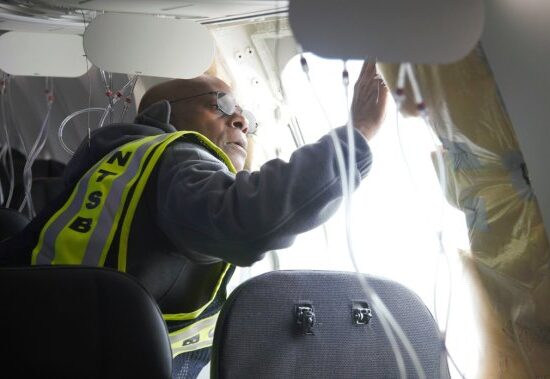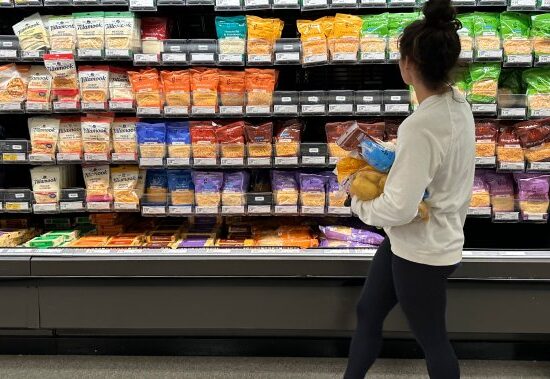
The right set is crucial to bringing a filmmaker’s vision to life. That said, there’s a learning curve to creating large-scale sets that accommodate all the movie’s needs.
As a new filmmaker, here are four common mistakes to avoid.
1. Overcrowding
One of the biggest mistakes someone can make when building a large set is overcrowding it. Building a large set can make it seem like there is too much space in the background of your shots. They want a lot of room to work with but also to make your set feel realistic. It’s exciting for new filmmakers to build a large set, but it’s best to not overdo it.
For indoor sets, decor is a balancing act. If building someone’s living room, the filmmaker likely wants it to feel lived-in. Furniture, pillows, blankets, lamps and pictures can make things more realistic, but overfilling the set can make your shots seem cluttered or unfocused.
It’s not just interior sets that you can overcrowd. Too many trees, excessive greenery or too much going on in the background can make a set distracting for your audience.
One strategy is to set up your shot with little items in the background and add more once you get the shots framed with your actors.
You also need to consider your cameras and crew, who will need to maneuver around the set. While some set pieces can help hide them, you need plenty of open space to capture what you need without making microphones, wires or lenses visible.
2. Going Over Budget
A large-scale set can get expensive, and it is easy to go overboard when choosing materials and designs for your set. Independent filmmakers can save headaches by working to make their set as economical as possible.
Consider what you need to purchase and what you can make alone. Weigh each element’s pros and cons to determine your top priority and what you could cut if necessary.
Filmmakers can save money by searching for things at thrift stores or second-hand online stores. If they know what they need and for how long, equipment rental might be the best option.
Filmmakers must stick to their determined budget so everyone gets paid and the film gets completed by your deadline. Most new filmmakers have a budget between $10,000 and $25,000, and your sets are often things they can get creative to build and find sets that will achieve their vision without breaking the bank.
Consider filming on-location for some scenes instead of making elaborate sets unless necessary. You might get surprised at how ordinary parks or buildings look with the right props, lighting and camera angles.
3. Taking on Too Much
Another common mistake people make is biting off more than they can chew. A way to reduce cost is to make things, but the more complicated a set is, the more they might want to enlist professional help.
Hiring an up-and-coming set-builder can put your mind at ease. They will design and curate the sets you envision so you can focus on other matters. Creating a film is a collaborative process and while doing it all can save money, it can lead to burnout and might produce a different set than a professional could.
Whether or not they enlist help, filmmakers should ensure they have enough time to build their desired set. Preproduction takes three to seven months on average but that can vary. There could be delays in getting supplies or a project might take longer than expected. They may need to adjust their timeline to accommodate any set builds and adjustments.
Consider what your strengths and weaknesses are as a filmmaker. Everyone has them and should know what they are to make appropriate decisions for their movie. Focusing on those strengths and delegating their weaknesses can lead to the best result.
4. Placing Inappropriate Pieces

Sets are as much about the small details as the large ones, so it is important to ensure that you are careful when curating the items within them.
In the digital age, people will discover the smallest mistakes. Whether it is a tree that doesn’t grow where your characters are supposed to be, wind and lighting that don’t match the time or weather conditions or a piece of technology that doesn’t fit your universe, someone will notice. Let it be by you instead of your audience.
Placing an “easter egg” or two in a film can be fun, but cohesion is key to fully immersing your audience into your story. Carefully curate items to make your settings as solid as possible.
An easy mistake to make in large-scale sets leaving exposed structures where the camera will pick them up. Seams of green screen beam holding up a structure and keeping sets safe can break the illusion of the film’s location. One example of equipment getting in the way on a set is in Gladiator (2000) when stunt equipment was accidentally visible in a horse carriage.
The features are necessary, but it’s necessary to direct shots away from them.
Avoiding Mistakes When Set Building
A set frames a movie so it is necessary for filmmakers to take care in their creation. Keeping these common mistakes in mind when building a large-scale set can help you create a cohesive environment.















